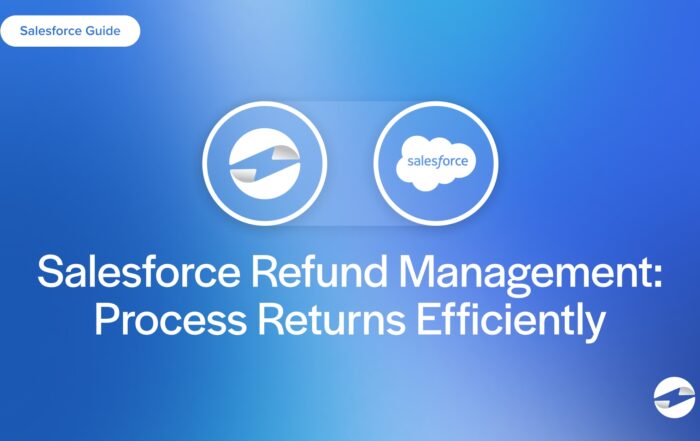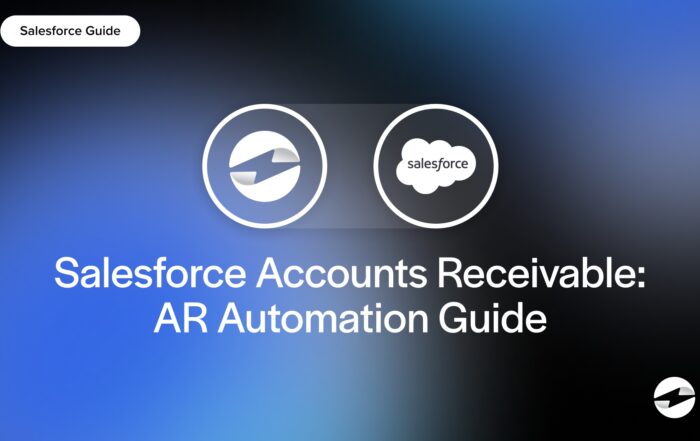What is an accrued expense?
An accrued expense is an expense a business has incurred but hasn’t paid. Unlike cash basis accounting, where expenses are only recorded when money is spent, accrual accounting records expenses when they happen – matching them with the revenue they’re generating. This gives a more accurate picture of a company’s financial health, preventing sudden spikes or dips in reported profits just because payments were delayed.
For example, if a business uses electricity in December but doesn’t pay the bill until January, the expense still belongs to December’s books. This way, businesses can track liabilities and have more accurate financial reporting.
Key Points
- Accrued expenses are unpaid costs – These are expenses a business has already incurred, like wages, utilities, or loan interest, but hasn’t paid yet.
- Accrual accounting gives a clearer financial picture – Recording expenses when they happen (not when paid) prevents misleading spikes in profits and keeps finances accurate.
- Accrued vs. prepaid expenses – Accrued expenses are unpaid bills, while prepaid expenses are upfront payments for future costs—both help match expenses to the right period.
Examples of accrued expenses
Accrued expenses show up in everyday business and often involve costs that businesses must account for even if they haven’t been paid yet.
Some common examples include:
- Employee Wages & Salaries – Employees may have worked the last week of the month but won’t get paid until the following month. Even though the money hasn’t been paid out yet, it’s still an expense for the month the work was done.
- Utilities – Businesses use electricity, water, and internet daily, but bills are issued at the end of the billing cycle. Until the bill is paid, the business must recognize the cost as an accrued expense.
- Interest on Loans – If a business has a loan interest accrues over time even if the payment is due later. The business must record the interest expense as it accrues rather than waiting until the actual payment is made.
- Taxes – Many businesses owe income, payroll, or property taxes that aren’t due immediately. Even though the payment is due in the future, these tax expenses must be recorded when they accrue.
By recording these expenses when they happen, businesses can make sure their financial statements reflect their actual costs and obligations, not a misleading picture of profitability.
How to record an accrued expense
Accrued expenses are recorded as liabilities on the balance sheet and as an expense on the income statement. Here’s how:
- Record the expense – When an expense is incurred, record it as an accrued liability.
- Adjust the entry – When the payment is made, the liability is reduced and cash is credited.
For example, if a business owes employees $10,000 in wages for December but doesn’t pay until January, it records:
- December entry: Debit wages expense $10,000, credit accrued wages liability $10,000.
- January entry (when paid): Debit accrued wages liability $10,000, credit cash $10,000.
Properly recording accrued expenses keeps financial statements accurate. By logging expenses when they happen and adjusting entries once payments are made, businesses ensure they’re matching costs to the right period and avoiding misleading financial reports.
Accrued expense vs. prepaid expense
| Feature | Accrued Expense | Prepaid Expense |
|---|---|---|
| Timing | Incurred but not yet paid | Paid in advance for future benefit |
| Balance Sheet | Recorded as a liability | Recorded as an asset |
| Example | Wages owed but unpaid | Annual insurance is paid upfront |
Accrued expenses are money owed, prepaid expenses are money paid in advance for future costs. Both are important in accrual accounting to match expenses to the correct period and give businesses a more accurate picture of their financial reality.
You May Also Like
Alternatives to Sage Payment Solutions: Better Options for 2026
Read More
Read More
Read More
Read More



